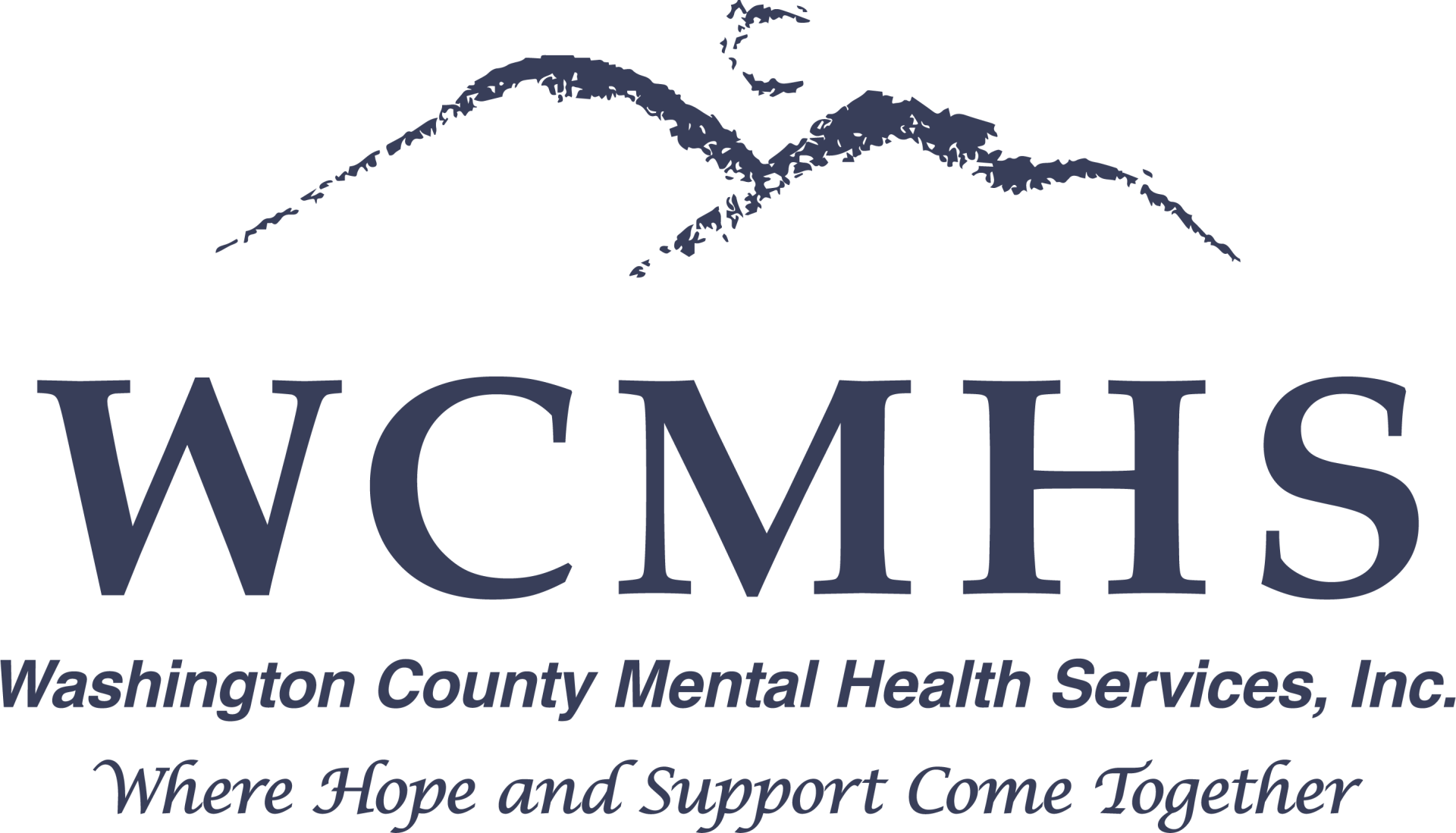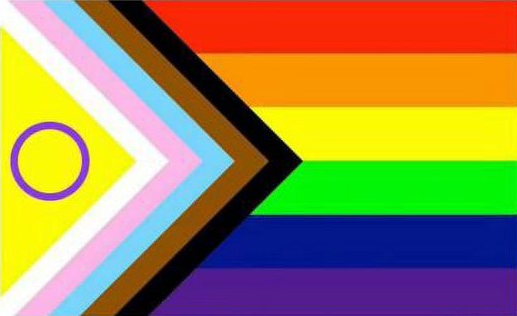Need help? We're here 24/7
WCMHS IN THE COMMUNITY
A community cornerstone.
Whether at WellSpace on Summer Street in Barre or throughout the Washington County community, our services, programming and outreach runs deep.
WellSpace @ Summer Street
The primary mission of WellSpace is to provide creative programs and spaces for clients and the surrounding community to promote overall health, well-being and happiness. Our programming ranges from practical skill-building and traditional therapy modalities to innovative art and movement-based groups that work together to give those we serve an integrative mind-body-spirit approach to their mental health wellbeing. Wellness programs are designed to complement and enhance traditional treatment.
WellSpace. Get well. Be well.
access hub @ Barre St.
Downing St. Entrance
Located in downtown Montpelier, the Access Hub provides a safe and welcoming environment for people to access crisis intervention for mental health and substance use distress. The program provides person centered care to individuals aged 18 and older without requiring a formal referral. It is a program designed to support people in crisis with immediate, accessible, and flexible services, meeting emotional and tangible needs and connection to other vital resources. The access hub is designed to be a flexible alternative to the emergency department.
802-301-3200
-
The JOBS Program
JOBS is an innovative supported employment and intensive case management service that targets youth ages 16 – 22 with severe emotional disturbance. The targeted youth are out of school or seriously at risk of dropping out and are at high risk for or have experienced involvement with Corrections, substance abuse, homelessness, physical abuse or other concerning behaviors.
Contact Us
Phone: (802)479-4055
Email: [email protected]
Web: www.wcmhs.org
-
Collaborative Systems Integration Project (CSIP)
CSIP is a street outreach program offering a variety of supports to marginalized and disconnected individuals; helping them access services and resources needed to build self-sufficiency. CSIP supports those who are homeless, connected with the criminal justice system and/or addiction treatment programs.
-
The Doula Project
The Doula Project includes three components – prenatal, labor and postpartum support. The components are approached with the understanding that women suffering from mental health issues, with cognitive limitations, who are trauma survivors or who struggle with addictions have a unique set of needs. The project is available to any woman who receives or is eligible to receive services from WCMHS.
Contact: Maria Rossi—802.522.8637
-
The Child Grant Wellness Program
The Child Grant Wellness Program is grant funded through SAMSHA to work with area doctors’ offices to promote integrated health care. The team works with youth ages 0-22, and their families, on Wellness Goals. The team can work with youth on an individual or group basis. Activities can include but are not limited to: mountain biking, swimming and swim lessons, mommy and baby yoga, Kettlebell and Mace workouts, emotional regulation activities,
dance group, gymnastics, powerlifting and general strength training, functional fitness, and game-based activities.
All wellness activities strive to promote both physical/mental stamina and fortitude, tailoring services to individual needs.
Contact: Joanna Hull—802.661.5698
-
Parent Child Interaction Therapy (PCIT)
PCIT is a unique approach that uses intensive parent coaching to promote positive communication and discipline for families with children ages 2 1⁄2 through 6 years. PCIT is the only evidence-based practice in which the parent and child are treated together throughout the course of treatment. The therapist communicates with the parents from behind a one-way mirror through a wireless in-ear speaker while the parent plays with the child. PCIT is a specific, step-by-step coached behavioral training model that has two phases: Child Directed Intervention, (CDI), and Parent Directed Intervention, (PDI).
-
The Phoenix/Bootcamp Classes
Phoenix classes offer full body functional movement training. Great for strength, flexibility, cardiovascular and general health. Repetition, sets and intensity can be tailored for the beginner or elite athlete depending upon fitness level.
Contact: Maria Rossi—802.522.8637
-
Adult Access
The Adult Access Program provide adults with emergent and urgent needs assessment, brief treatment, stabilization, and referrals. The program provides services for clients through collaborative services with other human services-based agencies. Adult Access uses a mobile treatment model and provides home/field-based support in partnership with the Emergency Screeners and Outpatient Program at WCMHS. If home-based services are not needed, brief therapeutic case management can be provided in an office setting.
Contact: Jackie Jones—802.661.5682
-
Community Support Program (CSP) Counseling Services
The Community Support Program's Counseling Services helps to develop psychotherapy relationships utilizing a strength based, recovery-oriented approach through office-based services and community outreach. Our team of therapists utilize Cognitive-Behavioral Therapy, Positive Psychology, and EMDR among other techniques focusing on stress reduction, trauma, and issues for all ages. We try to continually update and refine our approaches to better meet the changing needs of those we serve.
Contact: Mark Schmoll—802.223.6328
-
The Wellness Collaborative
The mission of The Wellness Collaborative is to provide, through a trauma informed holistic approach to health, balance and recovery, the tools to raise the wellness and quality of life for clients who are dealing with severe challenges and the stresses of daily living. We aspire to support empowerment and self-sufficiency through self-care techniques and wellness-based therapies as a means of healing and coping in daily life so that clients can achieve their highest potential and thrive in their environments.
Contact: Sally Olmsted—802.479.4083
-
Reach-Up Program
Our Reach-Up Program is a collaboration between VT Economic Services Division (ESD) of DCF and WCMHS by serving participants struggling with mental health and/or substance use. Our participants must meet ESD requirements for Reach-Up financial assistance. We offer screening, clinical assessment, case management and service coordination to support clients at whatever stage they are at. We utilize harm reduction and trauma informed models to meet the needs of those served.
Contact: Jackie Jones—802.661.5682
-
The Imagination Station
The Imagination Station is a specific kind of sensory room known as a Snoezelen Room. Coined in the ’70s by two Dutch therapists, the Dutch hybrid word — pronounced “snooze-a-lin” — directly translates as “sniffing and dozing” but in practice means something more like exploring and relaxing. The Imagination Station is the only Snoezelen Room in Vermont, and one of a handful in New England.
The most important part of the Snoezelen experience is not the equipment, but the control the user has over it. Treatment for people on the Autism Spectrum can involve helping them adjust to society’s rules and expectations; in a Snoezelen Room, people get to create an environment tailored specifically to them.
The Imagination Station was the brainchild of Randy Lamberti, co-founder of the Autism Puzzle Foundation. Lamberti, a financial adviser, was inspired to help families affected by autism. The Autism foundation Board raised and donated upwards of $75,000 for Snoezelen Room equipment; WCMHS used its own funds and in-house staff to transform a former storage area into the Imagination Station, which is dedicated to the memory of Lamberti’s late mother, Kay.
How to access Imagination Station
Everyone who uses the room needs to be trained. The room can be booked from 9:00-3:30 in one -hour blocks, M-F when the agency is open. Trainings and room time can be booked by calling WellSpace at 802.479.4055.
A yearly membership fee costs $200.00 and includes one guaranteed available timeslot each week for the year. Non-membership uses are $10.00 per use. Please call for a more detailed cost breakdown.
*If this fee causes a hardship, please talk to us about making sure that this will not inhibit your child’s access to this room.
Contact - Heather Slayton, [email protected].
-
How to Access Help
If this is an emergency please call 802.229.0591.
For Crisis Services:
You can contact the Emergency Services Team by calling 802.229.0591 or by visiting the office during normal business hours:
286 Hospital Loop
Building C, Physician’s Building
Berlin, VT 05602
For Psychiatric & Nursing Services:
For access to WCMHS services, you can also call 802.229.0591 and ask to speak to one of our friendly Intake Coordinators. You will be asked what kind of services you are seeking and depending on your answer (children’s services, adult mental health services) you will be directed to the correct person. You may also be asked some routine questions and to schedule a brief interview to begin the process of accessing services. If you are not sure what services you are seeking, or what programs we offer, WCMHS will work with you to help you determine and access the services you may need.
Sunrise Wellness Center
Located in Montpelier, the Sunrise Wellness Center provides a supportive and safe environment to learn and practice skills related to managing symptoms of mental illness, trauma, and substance use. Our mission is to help individuals reach personal goals in their recovery journey using tools such as a Wellness Recovery Action Plan (WRAP). Many staff at Sunrise are individuals with lived experience, Peers, serving as examples that growth, evolution and change is possible. Most services provided by the Sunrise Wellness Center are WCMHS client-focused.
-
Sunrise Food Shelf
The Sunrise Wellness Center Food Shelf is open twice a week, on Mondays and Fridays, from 9:00am to noon for all WCMHS clients and members of the community, both individuals and families, that may be food insecure.
The Food Shelf provides healthy, nutritious meals including fruits and vegetables.
-
Wellness at Sunrise
Community and individual wellness are the key focus at Sunrise Wellness Center. Elements of wellness include providing support around healthy change, employing healthy behaviors. General physical health is supported by weekly meetings with the WCMHS Agency Nurse. The Center also helps people gain knowledge about and manage their diets, their weight, and their general health issues.
-
Skills Building at Sunrise
Another area where the team at Sunrise excels is helping individuals with activities for daily living or ADLs.
These can include cooking, cleaning and personal hygiene. But also may include assistance and guidance with aspects of life such as money management, job preparedness, emotional regulation, computer skills, education support for those earning a graduate equivalency degree (GED) or even college level support. Help with gardening and even understanding food labels that can often be very confusing. These are all aspects that may be a part of a Wellness Recovery Action Plan (WRAP), a key strategy used by the team at Sunrise.
-
Community Integration
There are many people that struggle with public places or accessing them. The team at Sunrise will help facilitate local trips to area sites like farms, lakes, and covered bridges, even medical vists. They'll support participation at local festivities and festivals. The staff will take multi-day trips to key destination areas around the state like the Shelburne Museum and beyond. And they will even facilitate daily walks within the community, including visits to the library.
Homeless Services & Community Outreach.
The WCMHS commitment to the community we serves runs deeply, providing many services for which no funding is received while partnering with other community outreach programs to support the homeless, individuals suffering with substance use disorder, vulnerable members of the community and even working alongside law enforcement. The Agency is committed to the community we serve. All day. Every day.
-
Coalition to End Homelessness
WCMHS works alongside the Vermont Coalition to End Homelessness in Washington County, supporting the work of local Continiuum of Care (CoCs) so that people living in Vermont have a safe, stable, affordable home, and if homelessness occurs it is brief, rare, and everyone is treated with dignity and respect.
-
THRIVE
THRIVE is a collaborative effort to create an Accountable Community for Health (ACH) in Central Vermont. Accountable Communities for Health are entities that work to bridge the gap between what is thought of as traditional "healthcare" and "social service." Now that health outcomes have been strongly linked to the influence of multiple social determinants of health rather than just access to and treatment within a healthcare system, there is a recognized need to address the entire context of a person’s life in order to have a significant impact on overall wellbeing. In a community setting this translates into collaboration between a wide group of stakeholders that range across all sectors of society—including healthcare, social service, private business, non-profit, government, public education, civic groups, individual community members, and more.
-
Central Vermont Prevention Coalition
WCMHS is a part of a network of community providers, the Central Vermont Prevention Coalition, that seeks to create a harmonized provider resources in Central Vermont where there is no wrong door, no wrong time to get help and support for substance use disorders and co-occuring condition with hope of preventing the initiation of substance use.
Community providers include Central Vermont Medical Center, Turning Point of Central Vermont, Vermont Department of Health, Youth Service Bureau, law enforcement and many others all focused on working together in substance use prevention, harm reduction, treatment and recovery.
-
Law Enforcement Dedicated Clinician
WCMHS has been working with law enforcement and first responders for close to 50 years, using mental health screeners to accompany law enforcement during a reported mental health crisis. The Agency has had an embedded clinician sharing time with both the Montpelier and Barre City Police Department since the summer of 2020.
In addition, Team Two, an affiliate of WCMHS, is in its eighth year of providing statewide training to mental health crisis workers, law enforcement and other first responders, thanks to a collaboration between the Department of Mental Health (DMH) and the Department of Public Safety to provide funding. Currently, 35 law enforcement and mental health crisis workers train their peers in the Team Two curriculum in five regions around the state. In 2019, the Team Two Coordinator and the WCMHS Executive Director addressed the National Association of Police Chiefs about Team Two.
Helping others.
It's what we do.
Have a question about our programs and services?
We'd love to hear from you!
© 2022 Washington County Mental Health Services, Inc.
All Rights Reserved.




